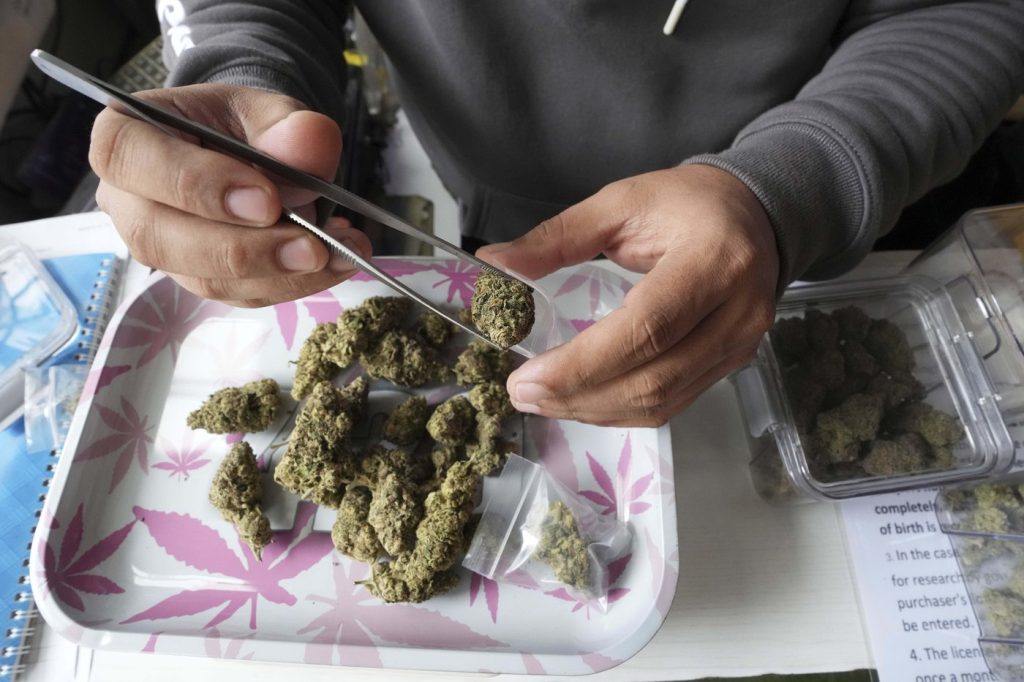BANGKOK (AP) - In 2022, Thailand made history by becoming the first Asian country to decriminalize cannabis. While the initial excitement surrounding the policy has since faced scrutiny and undergone significant changes, its future remains uncertain.
Under the new regulations, cannabis is now strictly controlled for medical purposes. Following an amendment to the Narcotics Law, cannabis was removed from the list of controlled substances. This pivotal change was spearheaded by Anutin Charnvirakul, the former Minister of Health and leader of the Bhumjaithai Party, which made cannabis legalization a cornerstone of its campaign during the 2019 general elections. In particular, the party aimed to support farmers in the disadvantaged northeastern region by promoting cannabis as a lucrative cash crop.
As a result of the decriminalization, Thailand's cannabis industry surged, resulting in the rapid opening of thousands of dispensaries across the country. The new policy also attracted many tourists from neighboring countries where cannabis laws remain stringent. Notably, Anutin Charnvirakul recently secured a position in Parliament to become Thailand’s next prime minister.
However, the decriminalization of cannabis ignited a swift public backlash, with reports alleging that the market was inadequately regulated. Thai media continued to highlight issues of addiction and drug-related problems, particularly among young individuals who were not intended to have access to cannabis. Consequently, the government led by the Pheu Thai Party, which assumed power a year after the initial decriminalization, had initially pledged to re-criminalize cannabis. This effort, however, faced substantial resistance from Bhumjaithai, a crucial coalition partner.
The slow pace of implementing changes drew criticism from both advocates and entrepreneurs, who viewed the government's actions as politically charged and confusing. Finally, in June, Pheu Thai moved to impose stricter regulations on cannabis use. The new directive prohibits shops from selling cannabis to customers without a prescription and reclassifies cannabis buds as a controlled herb. Sellers who contravene this regulation now face a potential maximum sentence of one year in prison and fines of up to 20,000 baht (approximately $614).
The Department of Thai Traditional and Alternative Medicine, tasked with enforcing these regulations, announced in September that dispensaries could legally sell limited amounts of cannabis for personal use, but only to patients possessing prescriptions for specific conditions. These conditions include insomnia, chronic pain, migraines, Parkinson’s disease, and loss of appetite.
As the situation continues to evolve, the Thai government is grappling with balancing public health concerns with the burgeoning cannabis industry that has drawn both local and international interest.











